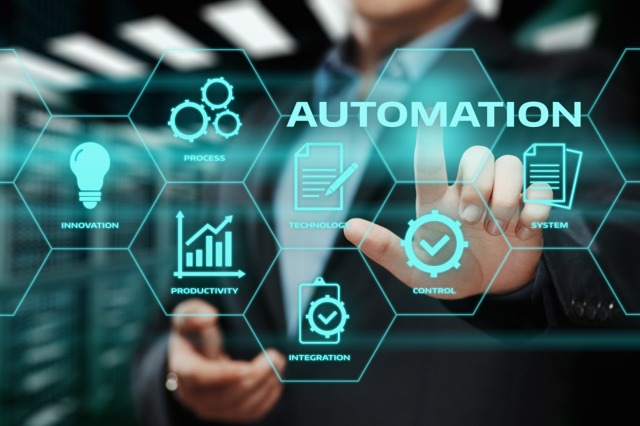Avaamo Teams Up with UiPath To Offer End-To-End AI Automation Solutions
New Delhi : Avaamo, the leader in conversational AI technology, is partnering with UiPath, the leading enterprise Robotic Process Automation (RPA) software company, to create a comprehensive automation solution for enterprises.
Avaamo's conversational AI platform will allow telcos to offer virtual assistants that help customers with everything from balance inquiries to setting up new phone numbers. UiPath will provide its robust, enterprise-grade RPA platform that helps automate legacy forms and software. Combining both technologies — a marriage of conversational and robotic automation — will allow telcos to offer a seamless service to their customers while helping to eliminate redundant tasks.
UiPath's mission is to deliver the platform for the Automation First era. The company's vision is a robot for every person – freeing people of burdensome, repetitive labor so they can focus on more valuable, gratifying work. UiPath has automated millions of repetitive, rule-based tasks for organizations worldwide. Through its commitment to bring digital-era skills to more than a million people, UiPath is transforming work by improving job satisfaction, driving productivity to new levels, and enhancing customer service.
"We believe combining robotic process automation with 'last mile' conversational AI provides incredible value and efficiency for customers," said Avaamo CTO and co-founder Sriram Chakravarthy. "This integration will allow customers to converse easily with a legacy application in natural language."
"Avaamo's in-depth expertise in conversational AI will complement our strategic focus on delivering a fast-to-scale and easy-to-use RPA platform," said Mike Giesler, UiPath global vice president of strategic alliances and business development. "Together, we will focus on enabling telcos with a full-fledged digital workforce and further strengthen our position in the RPA market."
Avaamo is developing fundamentally new conversational technology that can perform multi-turn discussions and execute judgment-intensive tasks like humans. The technology is transforming industries by improving service desks; simplifying the claims process for insurance and medical companies and even helping customers locate doctors or manage investments.








